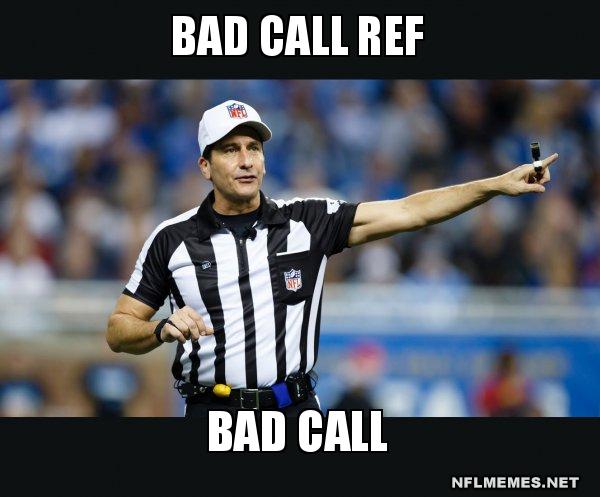Who Are You? How Your Identity Can Help You Change
October 23, 2019
Categories: Identity
When trying to make a change, we often focus on the specific tasks we need to do. Eat more fruits and vegetables. Exercise three times per week. Stop smoking. Plan a date night. These actions and behaviors are important, but sometimes we can get bogged down in the details. If you feel yourself getting bogged down, it can be helpful to focus on your identity. Who are you? What kind of person do you want to be? Given your identity, how would you like to live?
Cursing Out the Referee
My pastor told a funny story a few weeks ago about how focusing on his identity helped him change a problematic behavior immediately. He was coaching basketball, and the referee was making terrible call after terrible call. He was getting more and more angry, and was constantly chirping at the referee. Finally, he got so mad that he cursed at the referee, saying “That was the worst ****ing call I have ever seen!”
“You’re My Pastor!”
The referee blew the whistle, jogged over to the bench, looked my pastor in the eyes, and said, “You’re my pastor! I’ve always wanted to meet you.”
Reminded of Your Identity
Full stop. Like a splash of cold water to the face, my pastor was reminded of his identity. He was a Christian—a professional Christian even. As a Christian, how did he want to live? Was cursing out the referee consistent with his identity and values? Nope. He stopped cursing at the ref that very moment.
Connect Your Identity to Your Behavior
This is a funny example, but try to think about how this idea might help you in your own life. Think about something you are trying to change. It might be a bad habit you are trying to break, or something good you would like to start doing. How does your identity tie in to what you are trying to do? Who are you? What kind of person do you want to be? Given your identity, how would you like to live?

Related Thoughts

Subscribe To My Newsletter
Join my mailing list to receive the latest blog posts.
Receive my e-book “The Mental Health Toolkit” for free when you subscribe.

